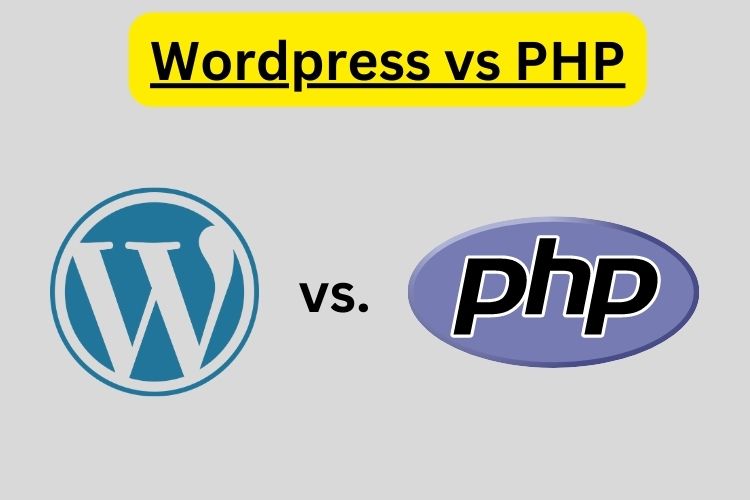WordPress vs PHP: Choosing the Perfect Platform for Your Website
By Wokox Team - Published On: June 21, 2023 | Last Updated: April 4, 2025

WordPress vs PHP: A Comprehensive Guide to Website Platforms
When it comes to building a website, choosing the right platform is crucial for its success. In this article, we'll delve into the comparison between WordPress and PHP, two popular options for website development. By understanding the features, benefits, and considerations of each platform, you'll be able to make an informed decision that aligns with your website goals.
Understanding WordPress
WordPress is a widely-used content management system (CMS) known for its user-friendly interface and extensive plugin ecosystem. It empowers users to create and manage websites without extensive coding knowledge. The intuitive dashboard and pre-built themes make it accessible to beginners, while its scalability and customization options cater to advanced users. The vast plugin library enables seamless integration of features and functionalities to enhance your website's performance and user experience.
Exploring PHP
PHP, a server-side scripting language, offers developers direct control over website code and customization options. Its versatility and flexibility make it a popular choice for building dynamic websites. With PHP, developers can create interactive and responsive web applications tailored to specific business needs. It provides a solid foundation for building custom functionalities, such as user authentication, database integration, and e-commerce capabilities.
Comparing WordPress and PHP
WordPress and PHP have a unique relationship. WordPress itself is built on PHP, utilizing its scripting capabilities. While WordPress provides a user-friendly interface and quick setup process, PHP offers more control and customization possibilities. When comparing the two, consider factors such as ease of use, scalability, and performance requirements. WordPress is ideal for non-technical users and small to medium-sized websites, whereas PHP suits developers seeking complete control and advanced functionality.
Factors to Consider in Choosing
To determine whether WordPress or PHP is better for your website, consider your specific needs and goals. Evaluate your technical expertise, available resources, desired functionality, and customization requirements. If you prioritize ease of use and a vast plugin ecosystem, WordPress may be the ideal choice. On the other hand, if you seek complete control over your website's code and custom functionality, PHP offers greater flexibility.
Pros and Cons of WordPress
WordPress boasts numerous advantages, including a user-friendly interface, extensive theme options, and an active community. It simplifies website management, provides regular updates, and offers various plugins for enhanced functionality. However, it may be limiting for complex projects that require extensive customization, and regular plugin updates may impact performance if not managed properly.
Pros and Cons of PHP
PHP empowers developers to build highly customized websites with direct control over code. It offers flexibility, scalability, and efficient database integration. However, it requires a strong technical understanding and may not be suitable for beginners. Developing a website from scratch with PHP demands more time and expertise compared to using WordPress.
Case Studies and Examples
Real-life examples illustrate the strengths of both platforms. Websites like TechCrunch, BBC America, and The New Yorker rely on WordPress for its ease of use and content management capabilities. Meanwhile, platforms like Facebook and Wikipedia utilize PHP for their custom functionality and scalability.
Conclusion
Choosing the right platform for your website depends on various factors, including your technical expertise, customization requirements, and scalability needs. WordPress provides a user-friendly experience and is suitable for most small to medium-sized websites. On the other hand, PHP offers complete control and flexibility for developers seeking custom functionalities and advanced features. Consider your specific goals, evaluate the pros and cons of each platform, and select the option that aligns best with your website requirements. By making an informed choice, you'll set the foundation for a successful and impactful online presence.